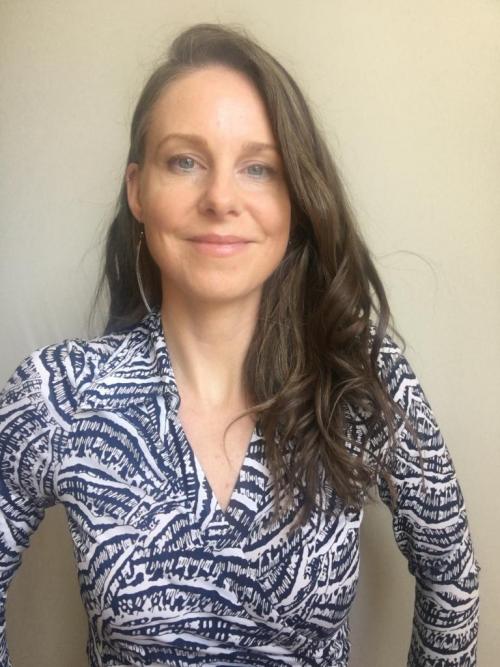Secondary menu
Interview with IHRP Director Sandra Wisner
By: Rights Review Editorial Board 2022-2023
RR: Many students at U of T’s Faculty of Law may be drawn to practicing international human rights law but are not entirely sure what opportunities exist to do so. How did you start practicing in this field? What trajectory has your career taken?
SW: Forging a path in the field of international human rights is challenging as opportunities are highly competitive. The IHRP is a rare opportunity for students to begin building their careers early on.
I opted out of the traditional lawyering path after articling to pursue public interest work. I spent a year in South Africa through the Canadian Bar Association’s Young Lawyers International Program, where I assisted in representing families of mineworkers killed while protesting (their foreign employer) for a living wage at the Marikana Commission of Inquiry. This was the first crucial step in my career as a human rights lawyer and I was fortunate to have worked alongside Advocate George Bizos SC, long-time lawyer of the late Nelson Mandela.
I have since focused my legal practice on large-scale and international accountability efforts in post-conflict countries around the world and, for the past five years in Haiti, seeking accountability of powerful foreign actors for emblematic human and environmental rights violations in collaboration with Haitian lawyers and activists.
RR: What motivated you to assume the Directorship of the International Human Rights Program (IHRP)? What responsibilities does this role entail?
SW: As Director, I hope to develop the capacity of future lawyers to respond to abuses that occur both within and outside our borders while assisting communities who would not otherwise have the support to address their human rights issues in a meaningful way.
The Director is responsible for all matters related to the IHRP, including developing its priorities, strategies, and objectives and overseeing the program’s initiatives, including teaching the international human rights clinic.
RR: For readers who are not familiar with the IHRP, how would you describe the Program? What is its purpose, and what sort of work does it undertake?
SW: The IHRP comprises Canada’s first international human rights clinic, which is often cited as one of the primary reasons why students chose to join the Faculty of Law. In addition to course lectures, students learn the practice of international human rights law by directly engaging in litigation and advocacy work in partnership with affected communities around the world.
As part of the program, students can also join the editorial team of the Rights Review, work abroad as a summer fellow, and learn valuable skills through its Working Groups.
RR: The controversy surrounding the hiring process for the IHRP Director position is well documented. Notably, in April 2021, the Canadian Association of University Teachers imposed a censure on U of T over its decision to terminate the candidacy of Dr. Valentina Azarova. The censure was lifted in November 2021, but what many perceive as an underlying issue of academic censorship has not been meaningfully addressed by the Faculty of Law's administration. As the IHRP’s new Director, how do you plan on addressing these issues?
SW: Restrictions on academic freedom are a problem both in Canada and elsewhere. It is critical that the academic integrity of the University’s research and teaching be protected, which includes the IHRP, a distinct program within the Faculty with its own advisory committee. As the Director of the IHRP, pedagogy is an essential part of my role, as is confronting pressing human rights concerns that are often at odds with the interests of powerful actors, and I am pleased that the administration has asserted my right to academic freedom. I plan to take that assurance at face value, and I understand it as providing protection to the fullest extent possible in line with the expansive interpretations made domestically, regionally, and internationally.
RR: Lastly, how would you like to see the IHRP evolve during your tenure as Director? What goals have you set for the Program’s development?
SW: It is still early days, but I hope that my background in movement lawyering paired with my broad experience domestically and internationally in advocacy and litigation will provide a unique lens to this role.
